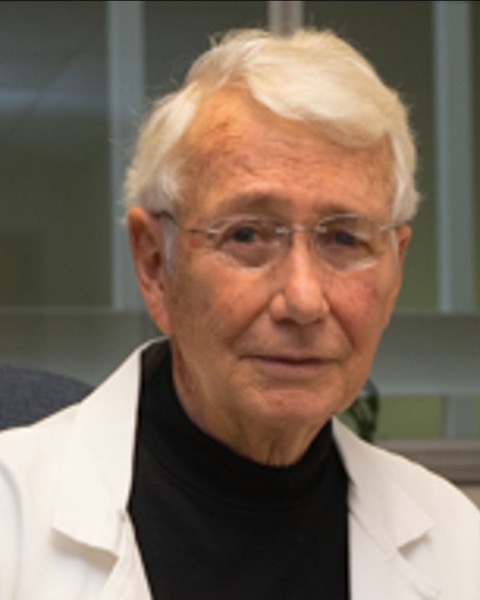
Stephen J. O'Keefe, MD
PROFESSOR OF MEDICINE
University of Pittsburgh
My early studies focused on the relationship between nutrition and disease. Using isotope labeled amino acid studies I studied the relationships between acute illness, infections, and protein catabolism and absorption in order to design specific scientific approached to nutrition support. In response to the need for education and training in nutrition support techniques, I founded and was first President of the South African Society of Enteral and Parenteral Nutrition (SASPEN) in 1982. I have been a member of the American equivalent (ASPEN) from its inception in 1976, serving on research and advisory committees. I have been honored by being elected to the Fellowships of the Royal College of Physicians of England 1985, the American College of Gastroenterology 1992, and the American Gastroenterological Association in 1989. From 2003-2007, I was elected vice chair, then chair, of the Nutrition & Obesity section of the American Gastroenterology Association which involved the development of research and educational symposia each year for Digestive Disease Week. These efforts culminated in the publication of single author textbook on "The Principles and Practice of Nutrition Support". His book was one of the top 25% most downloaded eBooks in the relevant SpringerLink eBook Collection in 2016 with a total of 19,500 downloads.
I have had almost continual NIH research funding since 2000. My first R01 awards were for research on the physiology of human in vivo pancreatic enzyme secretion and synthesis measured by isotope labeling of precursor amino acids. The results were then applied to the design of optimal feeding techniques for the management of severe acute pancreatitis (U-01) when combined with transnasal placement of feeding tube past the obstructed upper gut into the mid jejunum.
More recently I have focused on the importance of diet and the colonic microbiota in the prevention of colon cancer. We are examining these associations by conducting studies on populations of variable risk of colon cancer, with Alaska Natives (AK) having extreme risk >100,000, African Americans (AA) intermediate, and rural African (RA) minimal risk. Exploring the hypothesis that diet was the driving cause, we performed a unique study where we switched the diets of high-risk AA and low risk NA for 2 weeks in house. The results were remarkable and published in Nature Communications showing that there were reciprocal changes in the microbiome, its metabolites and mucosal biomarkers of cancer risk. Currently, I have one R01 examining the potential for high fiber supplementation (to 50g/d) to suppress the extreme risk in AK, and in partnership with Terry Hartman at Emory University, examining the potential for a high fiber legume diet to treat obesity and diabetes, and at the same time prevent colonic polyp recurrence in high risk patients with these diseases in the USA.
Finally, I have recently established and direct the African Microbiome Institute at Stellenbosch University, South Africa, where we are currently investigating the ability for high fiber foods to suppress the alarming increase in non-communicable diseases associated with rapid urbanization.
Poster(s):
-
Monday, July 1, 202411:45 AM - 12:45 PM CT
